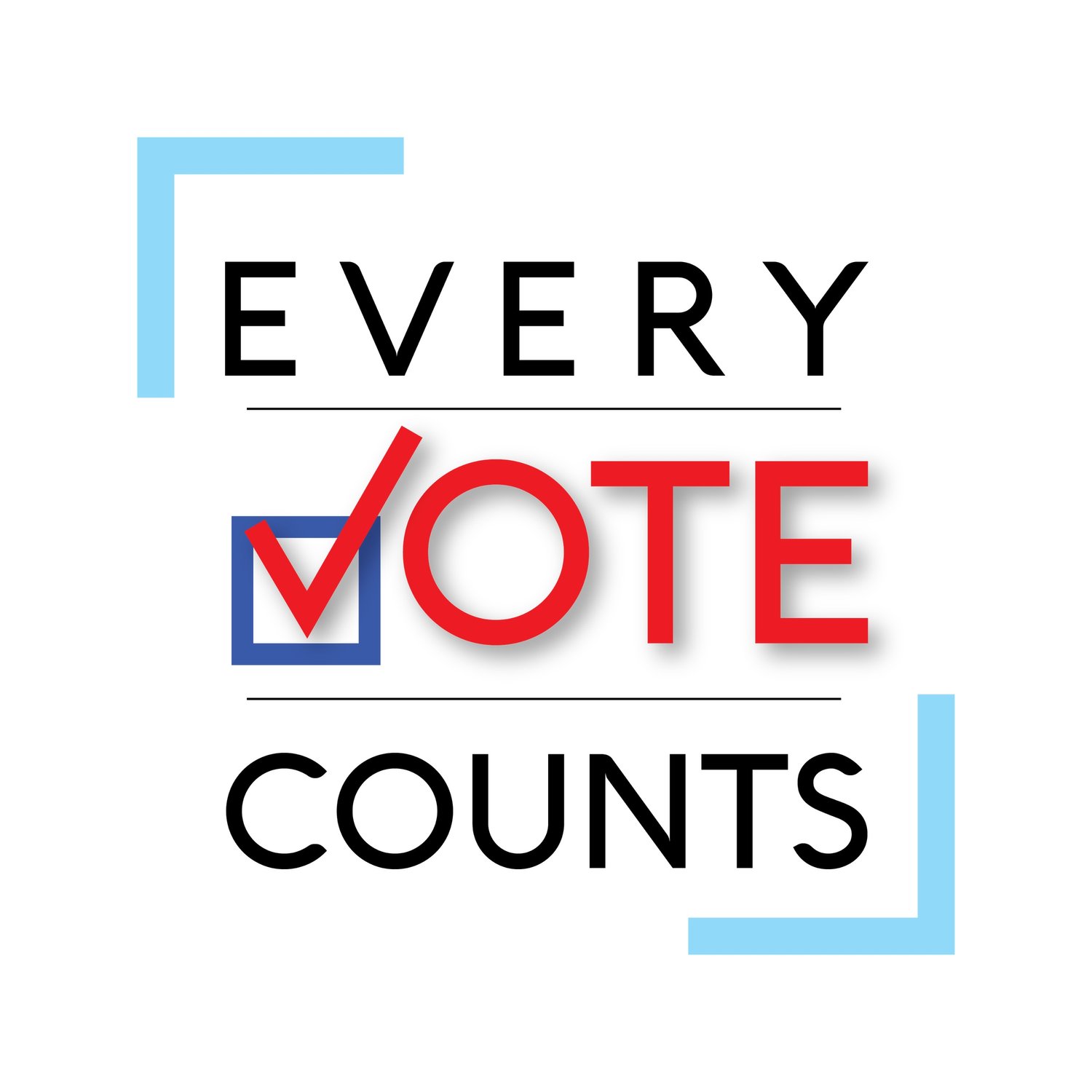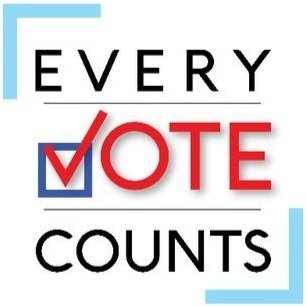The Value Of Peer-To-Peer Engagement
A reflection on our chapter's experience hosting our first peer-to-peer voter registration training workshop.
By Maria Merkle
On February 20th, our Fordham University EVC chapter held our first civic education workshop. In partnership with the school’s office of community engaged learning, we gave an interactive presentation to a group of local high schoolers on basic civics, suffrage, how to vote, and how to set up a voter registration drive in their own community.
In New York, where Fordham is located, while there is a statewide civic education requirement for high schoolers, it only requires a half credit in participation in government. Unfortunately, this is in line with the national standard. Only nine states and the District of Colombia require a full year of formal U.S.government or civics education, and ten states have no requirement. When students do not receive a formal civic education, they feel like they do not know enough about the government to participate in it.
I went to high school in Washington D.C, so I had the unique opportunity to observe the government function right in my backyard. I had easy access to outlets for civic involvement and education that reached beyond the classroom. These opportunities sparked my passion for civic engagement, but whenI arrived to college, I quickly realized that most people did not grow up in environments that fostered the same level of civic participation. When I asked my friends if they planned on voting in the upcoming election, though they were hesitant to admit it, they were not sure if they would vote. Their reason, they just didn’t know enough about the election.
Voting can be a scary process and it is even more so when you don’t know what to expect. When I voted the first time, I spent weeks going through the process of applying for an absentee ballot, waiting to be approved, waiting for my ballot, filling my ballot, and then waiting to see it safely received at my county registrar’s office. It was a long and unfriendly process.Without a foundation of what the process was going to look like, I took it into my own hands and did my own research. For someone less persistent than I am or someone with less free time on their hands to do their own research, the process could easily deter you from voting altogether.
Education combats the fear that comes with not knowing, but we hoped to do more. The goal of our workshop was not only to educate students on the what, why, and how of voting, thus setting the foundation they need to become informed voters, but also to set the students into action. So, while we covered necessary topics like basic civics, a brief history of suffrage, and the importance and value of voting, we ended our drive by proposing plans for the students to host a voter registration drive at their school. We explained the different ways to register, how they could lead a registration movement at their school, and encouraged them to take advantage of the “Democracy in a Box” program sponsored by one of EVC’s national partners,The Civics Center.
We believe there is something inherently valuable in students taking their civic duties into their own hands. Even for informed voters, voting can be daunting and thankless. It can seem like it is a job for someone who is older and more experienced, and being told how to navigate voting can only can so far in overcoming those feeling.
It is important for young people to see that their voice matters and that it is in fact heard. During a game of myth or fact we discussed common misconceptions about voter turnout and the value of each individual vote, and one thing became clear: students overwhelmingly felt that their votes do not matter. The students highlighted discrepancies in results between the popular vote and the electoral college, as well as concerns that official do not truthfully represent voters as the main factors driving their doubts about the value of their vote. The feeling that our votes do not matter is common among young voters more generally. When institutions work against voters and representatives do not reflect the values of their constituents—especially young voters—voting can be become discouraging.
This is the value of the kind of peer led voter registration drives we encouraged out students to lead and the kind of peer-to-peer civic education programming we were leading. When young people see their peers being civically engaged and can get help from a friend in registering to vote, not only does the process around voting becomes less scary, but also we hope they see the true value of being civically active.
Empowered by their foundation of civic education, and under the guidance of The Civics Center’s student registration drive program, the students at our civic education workshop can become the confident voices of youth voters that inspire other students to become engaged. Hopefully we lit the spark of civic passion in those students so that they feel confident not only in practicing their right to vote, but also encouraging their peers to do the same.

